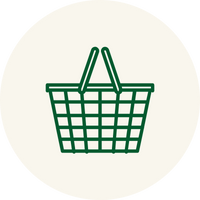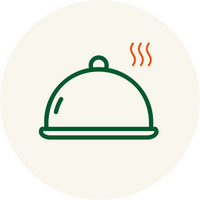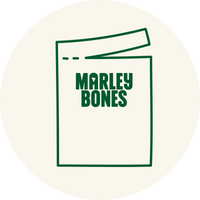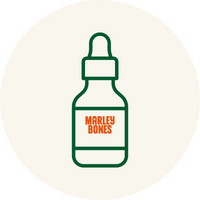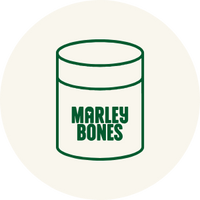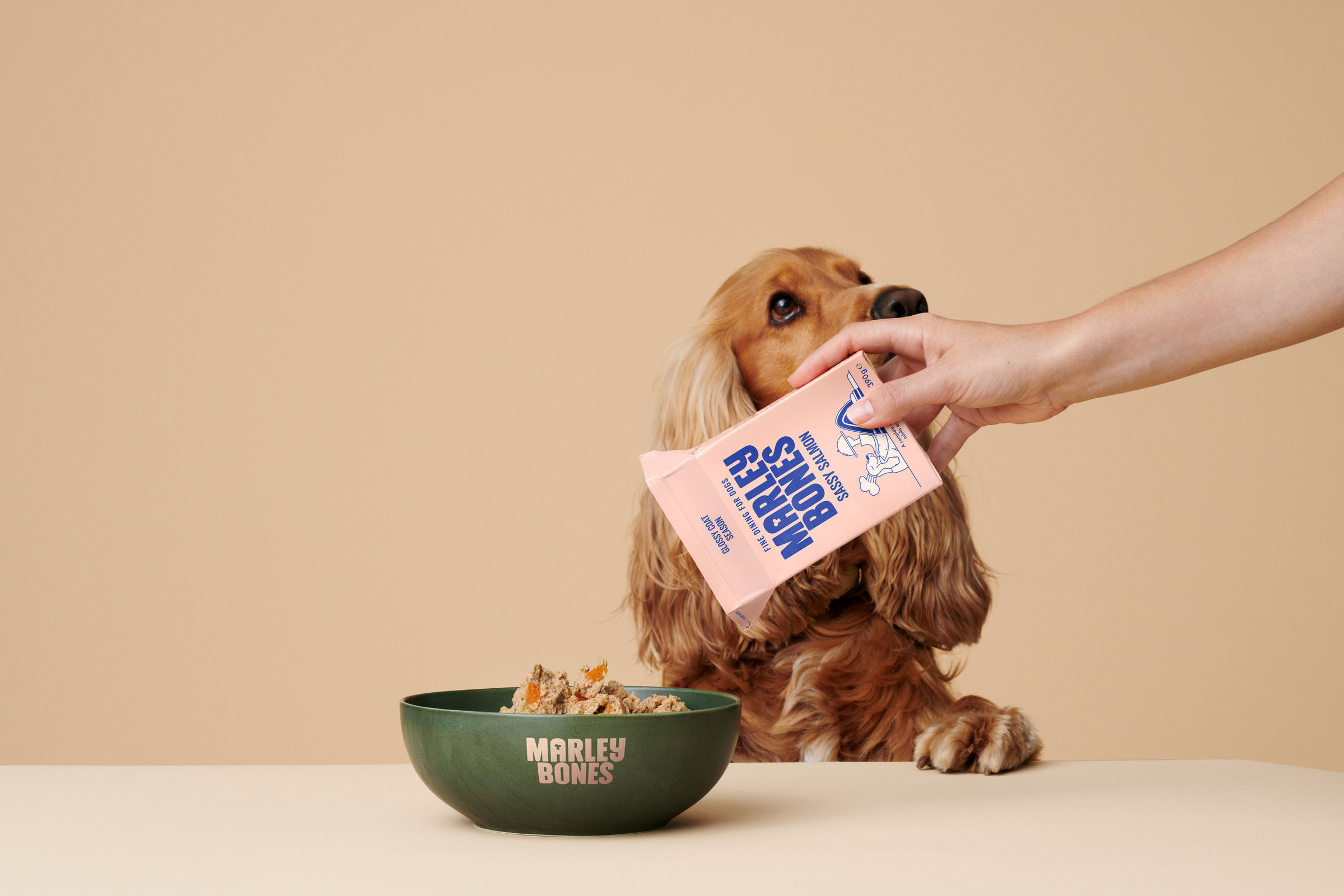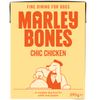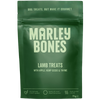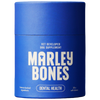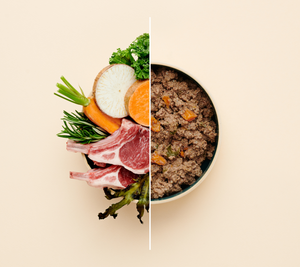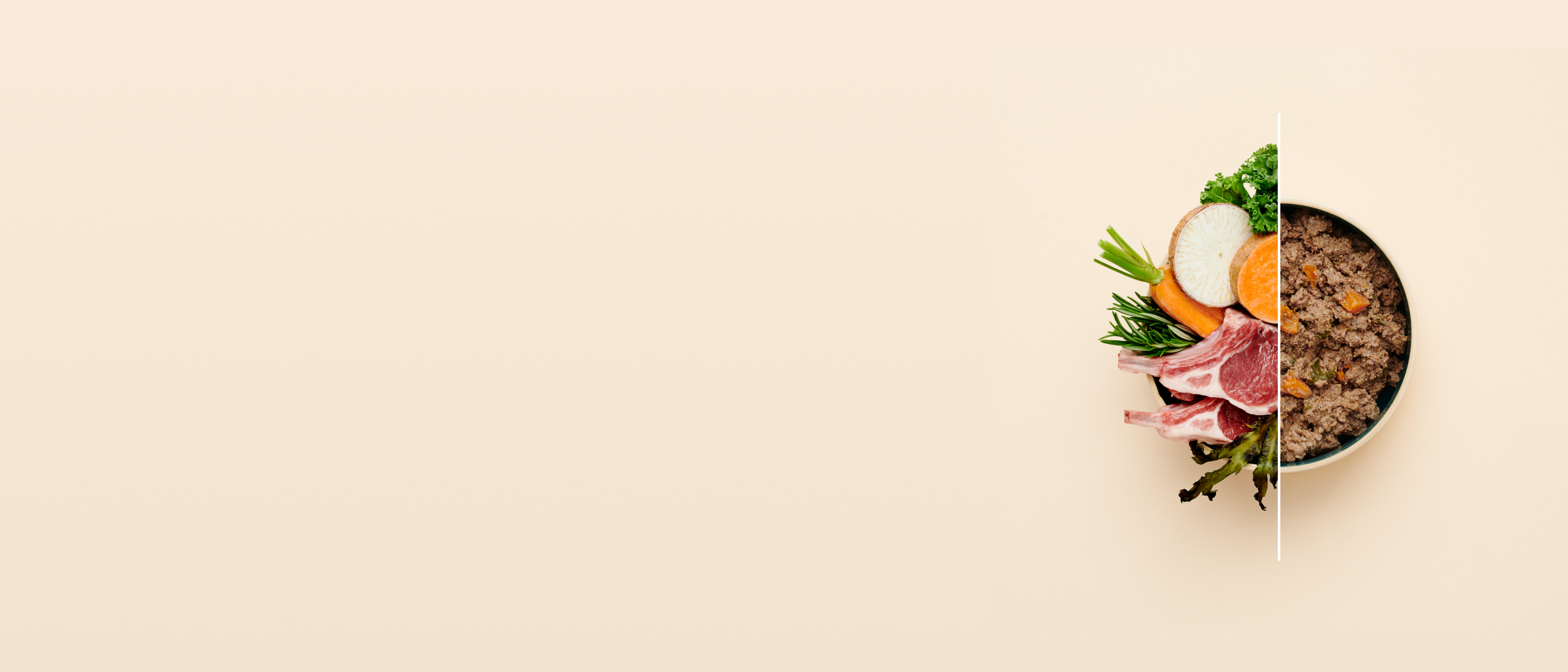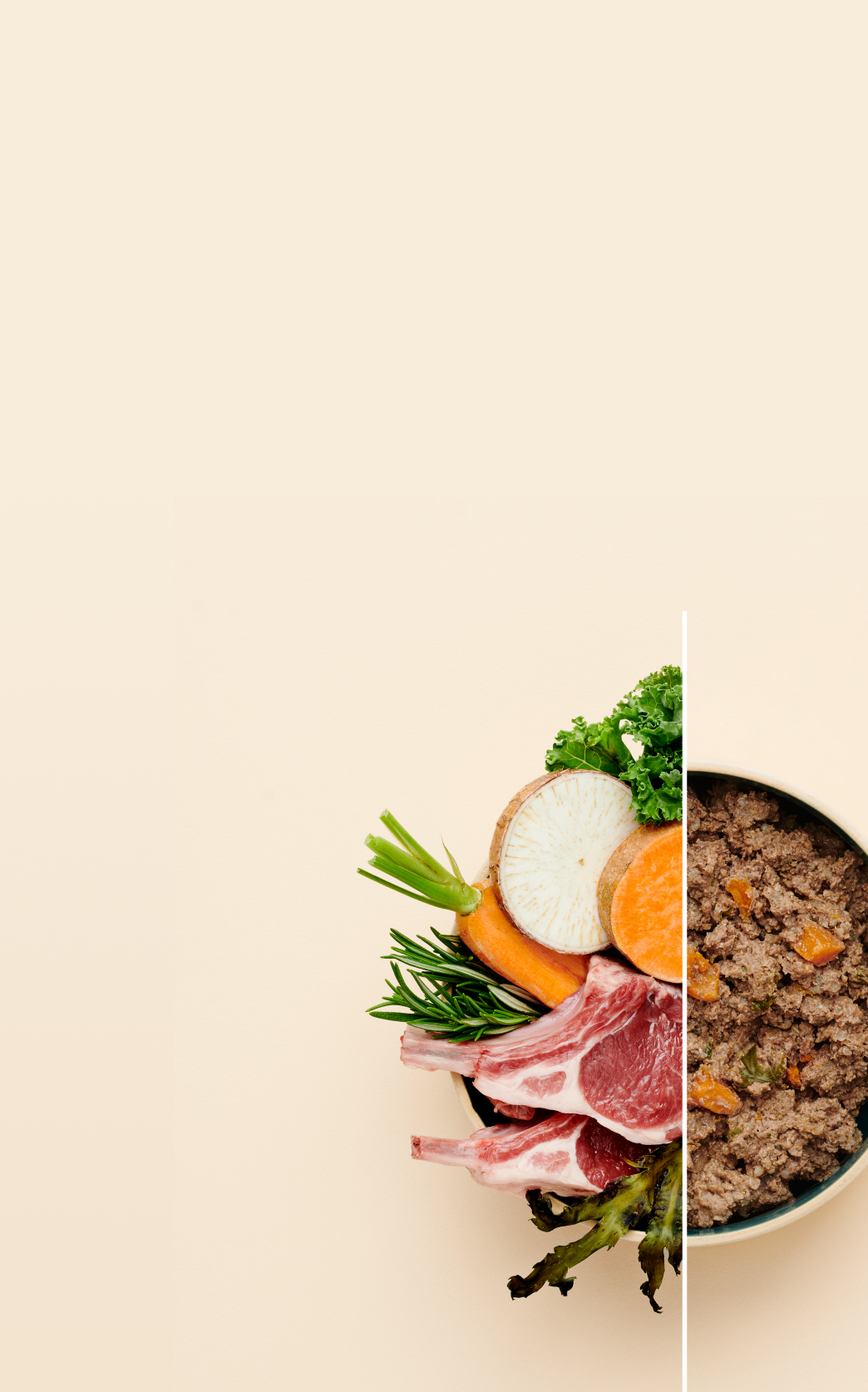Can My Dog Eat Vegetables? Safe Options and Health Benefits Explained
If you've ever found yourself chopping vegetables and wondered whether your dog could share a few bites, you're not alone. The good news is- yes, many vegetables are not only safe for dogs but can be a healthy addition to their diet. Packed with nutrients and fibre, the right vegetables can support digestion, aid hydration, and offer a satisfying crunch your dog may love.
But not all veg is created equal when it comes to dogs. While carrots and green beans make great snack options, others like onions and raw potatoes can be dangerous. So it’s important to know which ones are dog-safe - and which should stay strictly off the menu.
Can Dogs Eat Vegetables?
Dogs are omnivores, which means they can digest and benefit from both plant and animal-based foods. Many vegetables offer dogs a boost of vitamins, minerals, and fibre, and can even support their immune system, weight management, and gut health.
Safe options include carrots, cucumber, green beans and sweet potatoes. These can be served raw or cooked depending on your dog’s preferences - just make sure they’re plain, without added salt, oil or seasoning. On the flip side, some vegetables like onions and garlic can be toxic and should always be avoided.
Safe Vegetables for Dogs, What's on the Menu?
Let’s break down some of the common vegetables dogs can safely eat - and the benefits they bring.
Carrots: Crunchy, low in calories and high in vitamin A, carrots are a favourite with many dogs. Raw carrots are especially good for teeth, while cooked ones are gentler on the tummy. Always cut them into manageable pieces to avoid choking.
Green Beans: These are rich in fibre and vitamins A, C and K. Whether steamed, boiled or raw, green beans are a great low-calorie treat. Just make sure they’re plain—no butter or seasoning.
Cucumbers: Hydrating and refreshing, cucumbers are a lovely summer snack. They contain vitamins K, B1 and C. Thin slices are best, and if your dog has a sensitive stomach, removing the seeds can help.
Celery: Low-calorie and high in water, celery also contains vitamins A and C. It can be a bit stringy, so chop it into small pieces, and some owners even report it helps freshen breath.
Asparagus: Full of vitamins A, C, E and K, cooked asparagus is safe for dogs in small amounts. Avoid the woody ends, and make sure it’s soft enough to chew and digest easily.
Broccoli: This one’s a ‘sometimes’ veg. In small portions, broccoli is full of fibre and vitamin C. Too much, however, can cause gas and stomach upset. Stick to the florets and serve cooked or raw in moderation.
Brussels Sprouts: Rich in antioxidants and vitamins, Brussels sprouts are fine cooked and in small doses. They can cause bloating if overfed, so start slow.
Cabbage: Both green and red cabbage are full of fibre and vitamin C. Lightly cooking it makes it easier to digest, and as always, introduce slowly to monitor for gas or bloating.
Kale: Kale’s packed with nutrients and antioxidants, but it’s best served cooked and only occasionally. It contains goitrogens, which in large amounts may affect thyroid function.

What About Potatoes?
Potatoes can be included in your dog’s diet, but only if cooked. Raw potatoes - especially green ones - contain solanine, a toxic compound for dogs. To serve them safely, peel and boil or bake until soft, and skip the butter, oil and salt. Potatoes can be a good carbohydrate source, but they should only be a small part of a balanced diet.
Sweet Potatoes are often the preferred option. They’re high in fibre and packed with vitamins A and C. Once cooked (boiled or baked works well), they’re easy to digest and make a tasty addition to your dog’s bowl. Always remove the skin and keep portions small.
Vegetables Dogs Should Strictly Avoid
While many vegetables are safe, there are some that definitely aren’t.
Onions and Garlic: These are highly toxic to dogs, whether raw, cooked, or powdered. They can damage red blood cells and lead to serious health problems like anaemia. Even small amounts can be harmful, so steer clear of any foods that contain them - even in seasoning or sauces.
Raw Potatoes, Raw Tomatoes and Aubergines: As mentioned, raw potatoes contain solanine, which is dangerous for dogs. Other nightshade vegetables, such as raw tomatoes or aubergines, can also be risky. Only ever feed cooked and peeled potatoes, and avoid others unless your vet advises otherwise.
Courgette: While not toxic, courgette doesn’t agree with all dogs. It can cause digestive upset, especially if served in large quantities or introduced too quickly. If you do offer it, serve plain and in small amounts - and watch how your dog reacts.
The Final Woof
Veggies can be a brilliant way to mix things up in your dog’s bowl – adding nutrients, fibre, and a bit of crunch. As long as you stick to the dog-safe ones and keep them plain, you’re on to a winner.
And if prepping veg for your dog feels like one job too many (we get it), you could always let someone else do the chopping. Meals that already include British-grown goodies like broccoli, sweet potato and carrots – like the ones in Marylebone’s range – are a handy way to tick the nutrition box without lifting a peeler.

